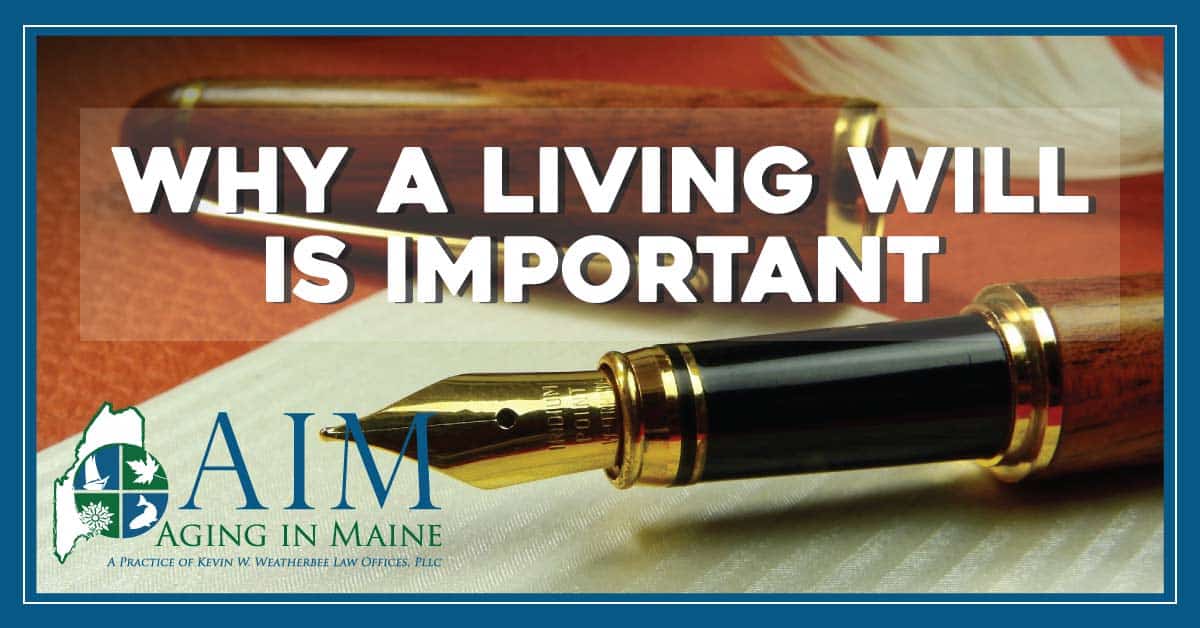Planning for Blended Families
Couples often bring children into a marriage from a prior marriage or union and then have children together. This is often referred to as a blended family. Blended families highlight the need for careful estate planning to make sure the needs of each spouse are met, as well as the needs of each parents’ children. […]





